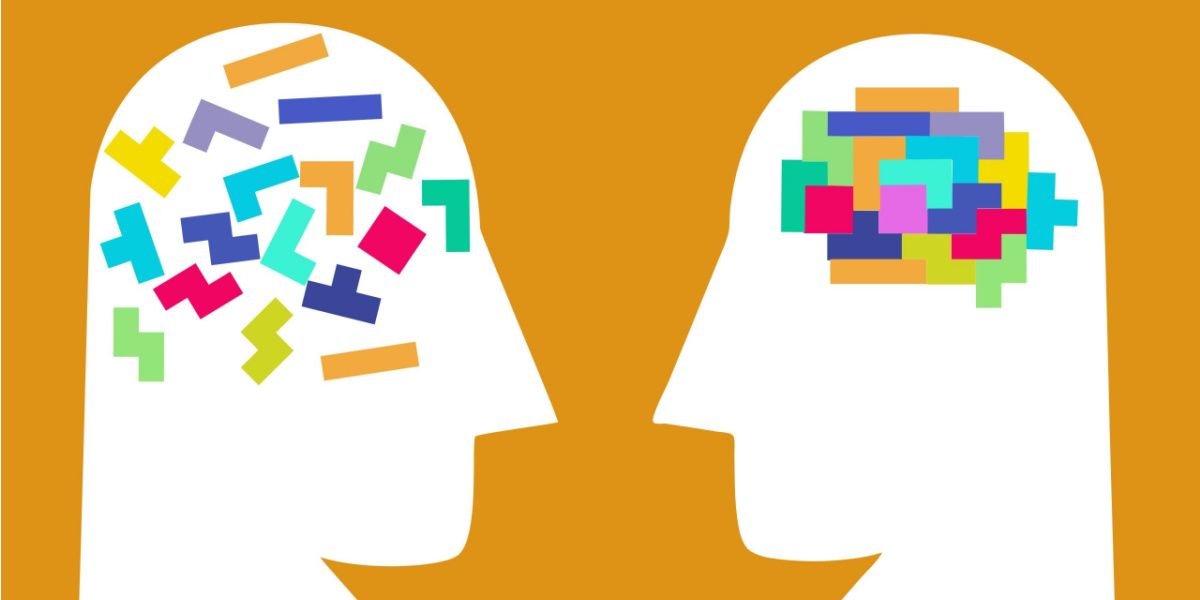Cognitive behavioral therapy (CBT) is a commonly used type of therapy used to treat a wide range of mental health issues. It is widely used in addiction treatment, rehab, and recovery as a way of identifying emotional triggers that lead to substance abuse and developing methods to control them.
- For those suffering from substance addiction and/or addictive behaviors, CBT can show that harmful actions and negative emotions associated with substance or behavior abuse may be linked to past experiences, trauma, and environmental factors
- Negative automatic thoughts are often a source of clinical mental health conditions such as anxiety and depression. These are common co-occurring conditions that people suffer from alongside addiction
- To see if CBT will be the right course of therapy to help treat your or a loved one's addiction, you will need to contact an addiction treatment center. They will be able to evaluate the addicted person and assess what treatment program is right for them
Understanding Cognitive Behavioral Therapy (CBT)
Cognitive-behavioral therapy, more commonly referred to as CBT, is a type of mental health counseling that was founded by Dr. Aaron T Beck in the 1960s. CBT helps people suffering from various conditions, including addiction, to locate the emotional source of actions; the thoughts that govern our negative responses, and help identify where these connections are illogical or irrational.
CBT is a common method of therapy in addiction rehab and treatment but is also used to treat a multitude of other conditions, such as:
- Anxiety disorders
- Attention Deficit Hyperactivity Disorder (ADHD)
- Bipolar Disorder
- Obsessive-Compulsive Disorder (OCD)
- Eating Disorders
- Post-Traumatic Stress Disorder (PTSD)
For those suffering from substance addiction and/or addictive behaviors, CBT can show that harmful actions and negative emotions associated with substance or behavior abuse may be linked to past experiences, trauma, and environmental factors. Once an addict can understand why they feel a certain way towards a substance or behavior, they can effectively learn to undo the connection between the emotional response and the thought process that leads to abuse. Many therapists ask for detailed histories, including autobiographies, in order to bring out the pertinent life experiences which are affecting the person in the present.
These instinctive negative thought patterns are often referred to as automatic thoughts, negative impulses that are often built through misconceptions and internalized feelings that can cause doubt and fear. In order to regulate these automatic thoughts, people will often attempt to self-medicate by numbing the emotional response through drug and alcohol abuse.
Automatic thoughts will often be linked to painful memories and past trauma, and by revisiting these instances regularly a patient can unlearn the connections that they currently have and replace them with positive behaviors and ideation.
Cognitive behavioral therapy, addiction, and co-occurring disorders
Negative automatic thoughts are often a source of clinical mental health conditions such as anxiety and depression. These are common co-occurring conditions that people suffer from alongside addiction. People may turn to substance abuse as a way of coping with automatic negative thoughts, which can reinforce and exacerbate them if they go untreated.
CBT helps people suffering from co-occurring disorders and addiction in multiple ways:
- Dismissing false beliefs in one’s self that may lead to substance abuse
- Learning effective communication skills
- Learning tools to improve mood and outlook
- Developing tools to manage triggers
Triggers are situations that occur throughout any normal day that bring cravings for substances or behaviors to the surface. Triggers can include people, places, emotional situations, and moods. The coping techniques learned through CBT can help manage triggers by refocusing the thought processes associated with them, which is one of the main treatment goals of cognitive therapy. There are three key ways CBT achieves this: [1]
- Recognizing the triggers that lead to substance abuse
- Avoiding these situations wherever possible
- Coping with triggers by using CBT techniques to reassess them and the emotional links between them and substance abuse which reduces the chance of relapse
Cognitive behavior therapy is hard work, and it takes time. There needs to be a substantial commitment by the person for there to be success.
Cognitive behavioral therapy techniques
The techniques and exercises developed in cognitive behavioral therapy are designed to be practiced both inside and outside the therapist's office. Many are designed to be continuous exercises in mental growth and healing and can be done from home or in group settings. Support groups like SMART Recovery Training incorporate various CBT techniques as part of their self-help exercises.
Some of the most common CBT techniques used in addiction treatment include:
Thought records
Recovering addicts are encouraged to keep a log of automatic negative thoughts and explore what evidence there is to prove or disprove them. The purpose of this exercise is to help the patient critically examine these thoughts in depth and dismiss thoughts that are baseless or harsh to themselves without reason.
Group sessions
Group therapy is especially important since once a person expresses his/her thoughts, chances are many others can relate to similar thoughts and experiences.
Behavioral experiments
Behavioral experiments require a level of dedication and self-awareness in a patient in order to compare both negative and positive thoughts in order to evaluate which is most positive toward behavior. Some people will respond better to kind thoughts about themselves whereas others may benefit from being more self-critical. The purpose of this technique is to figure out which thought process works best for each individual.
Imagery based exposure
This technique can be intense for those who are beginning CBT but it is an important exercise for dealing with negative thoughts. In imagery-based exposure, the patient is required to revisit memories that hold powerfully negative feelings. By constantly revisiting these events and memories the addict can reduce the pain and anxiety caused by them. These types of experiences can be difficult or even scary at first, but the long-term benefits can be enormous.
Pleasant activity schedule
As the name suggests, this technique revolves around making a schedule of fun and healthy activities that break up the addict's daily routines. These activities can be energetic ones such as sports or endurance, artistic ones such as music or painting, or hobbies like fishing or rock climbing. Diverting one’s attention from negative to positive behavior is a cornerstone of cognitive-behavioral therapy.
Is cognitive-behavioral therapy right for me?
Addiction is a unique experience for everyone who suffers from it and as such, there is no one fixed method to treat everyone. CBT is commonly used in addiction treatment as it is a proven way of managing negative impulses and thoughts but some people do not respond to it as well as others.
To see if CBT will be the right course of therapy to help treat your or a loved one's addiction, you will need to contact an addiction treatment center. They will be able to evaluate the addicted person and assess what treatment program is right for them, including whether inpatient or outpatient rehab is necessary and what forms of therapy will be used to treat their ongoing recovery. Contact a treatment provider today to see what options are available and whether CBT can help with your addiction.



